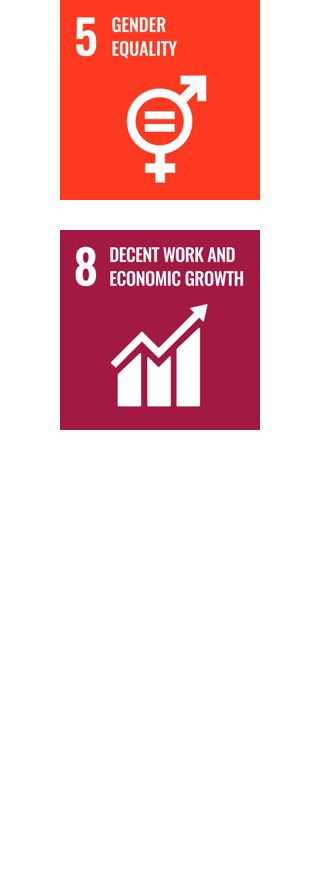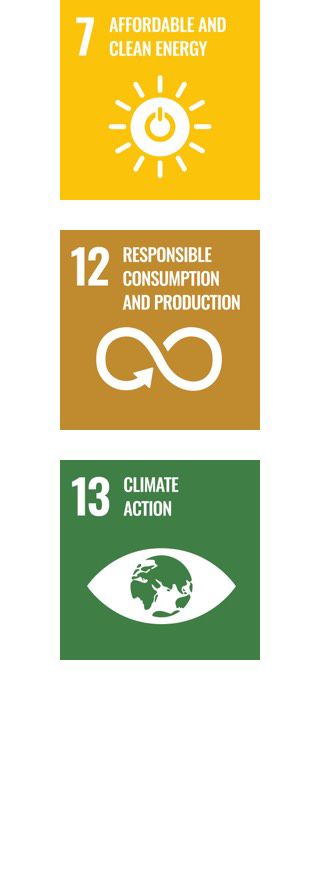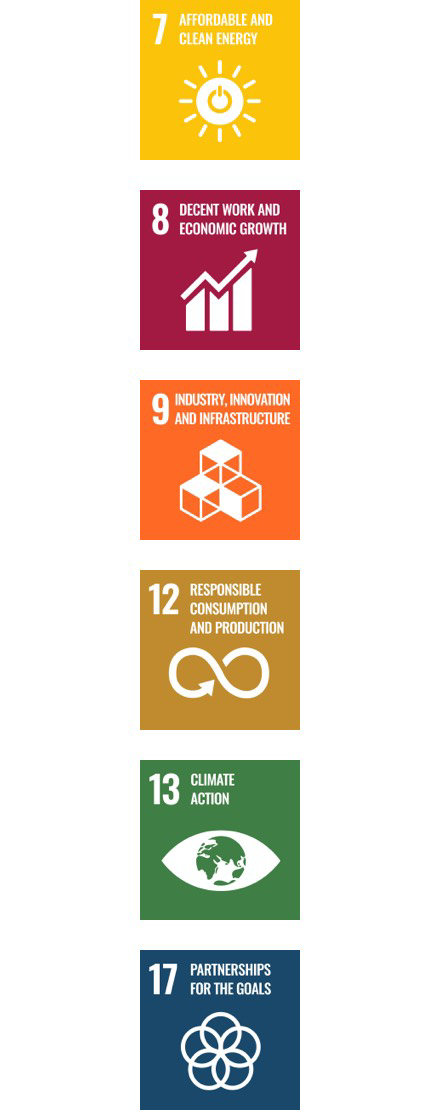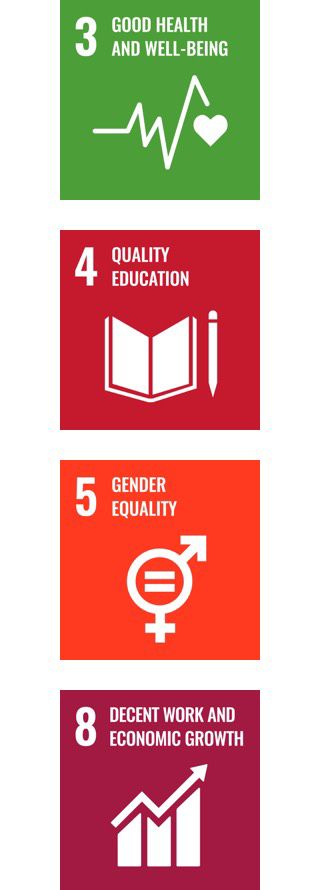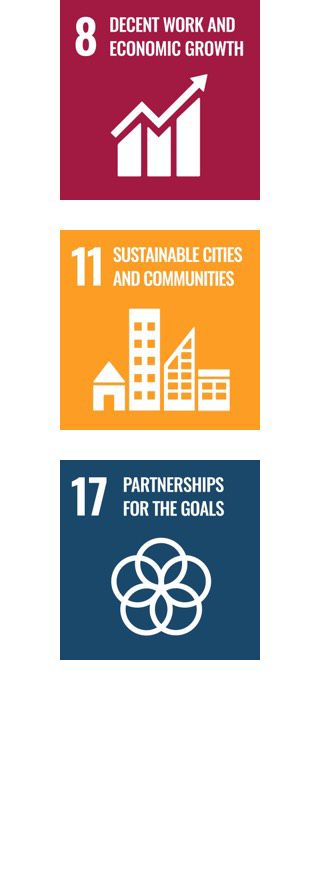
[...] We work daily on integrating our sustainability goals into our business model, as we believe this makes our offer unique and ready for the challenges of the energy transition as well as emerging trends in the energy market. We strongly believe in customer centricity and will continue with our policy of caring for them as we always have, supporting them with the clearness of our offers and trying to promote responsible consumption models thanks to accessible technological solutions that accompany it along its decarbonization path. We continue to view diversity and inclusion as core values, as well as fairness and transparency as the foundation of our relationships with customers and stakeholders. […]
[...] We work daily on integrating our sustainability goals into our business model, as we believe this makes our offer unique and ready for the challenges of the energy transition as well as emerging trends in the energy market. We strongly believe in customer centricity and will continue with our policy of caring for them as we always have, supporting them with the clearness of our offers and trying to promote responsible consumption models thanks to accessible technological solutions that accompany it along its decarbonization path. We continue to view diversity and inclusion as core values, as well as fairness and transparency as the foundation of our relationships with customers and stakeholders. […]
